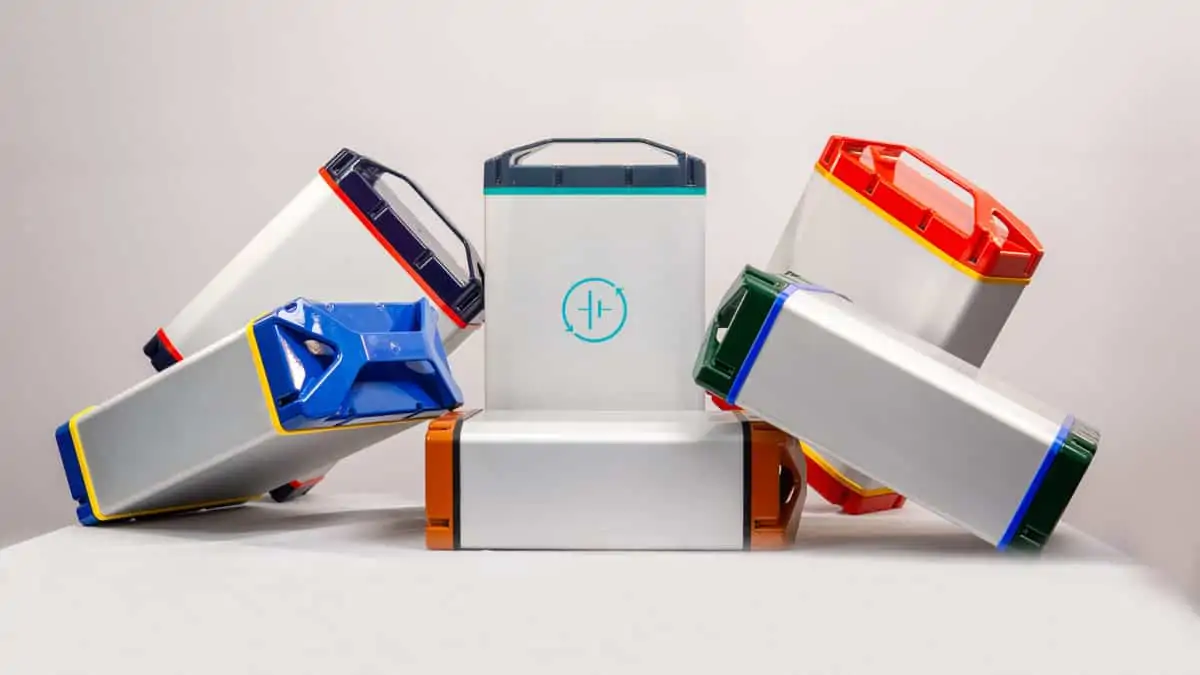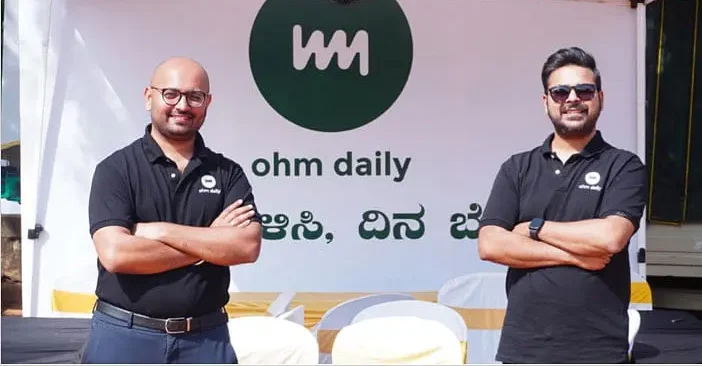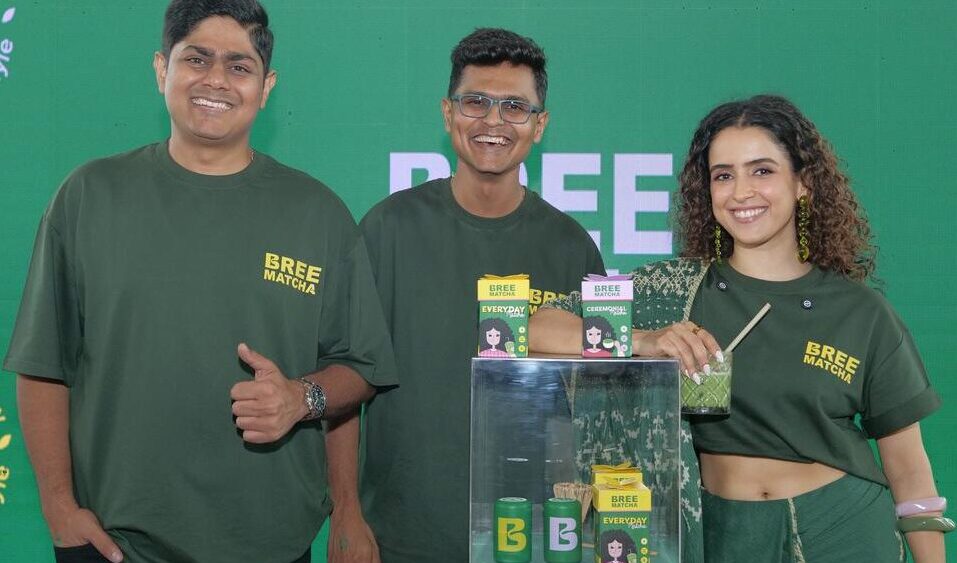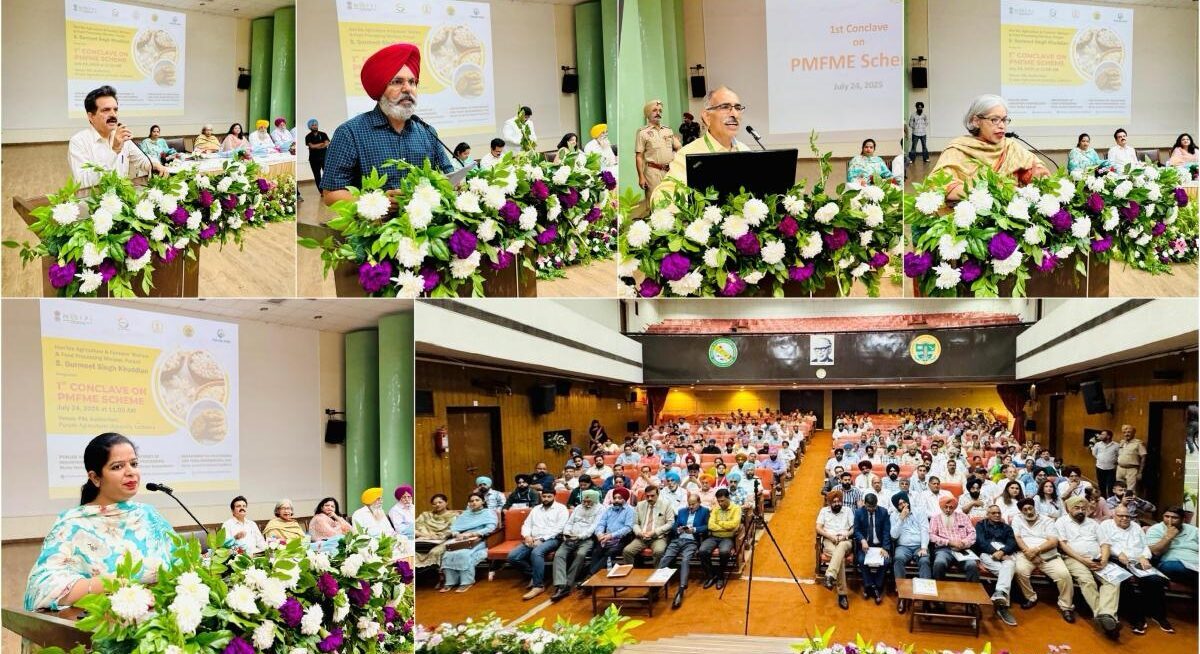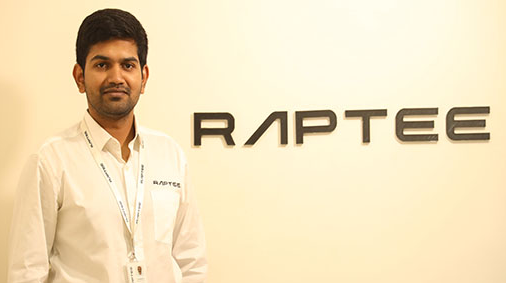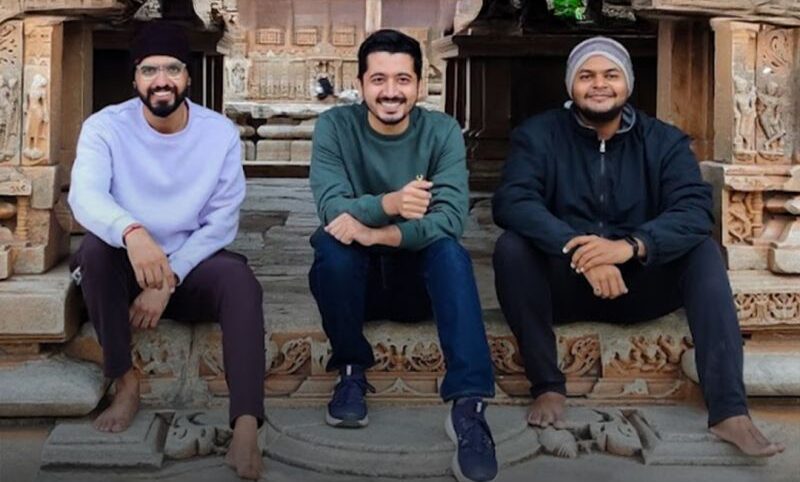In a biting yet witty comment, Prabhkiran Singh, founder of the popular brand Bewakoof, summed up the BluSmart controversy in one line:
“Pehle company loan ke paise se UK mein ghar lete the. Ab DLF Camellias, Gurgaon mein. Scam toh wahi hai, bas ab India bhi premium ho gaya.”
(Translation: Earlier, companies bought houses in the UK with loan money. Now it’s DLF Camellias in Gurgaon. The scam’s the same, only India has become premium.)
BluSmart, once praised as India’s first all-electric ride-hailing company, is now facing serious allegations — from unpaid vendors and employees to accusations of financial mismanagement. Reports claim that while operations struggled, some founders diverted investor funds towards personal luxuries, including ultra-expensive properties like those in DLF Camellias, one of India’s most exclusive residential addresses.
Singh’s comment cuts deeper than just humor, it reflects a new reality. In the past, financial scams often involved parking money overseas. Today, the money stays in India, showcasing both the country’s rising economic clout and the fact that high-profile misdeeds no longer need foreign shores to feel aspirational.
It’s ironic: while India’s startup ecosystem dreams of global dominance, some founders are caught up repeating old mistakes, only now on a more glamorous, “Made in India” stage.
Perhaps, as Singh subtly hints, India’s scams have simply evolved — not ended.
Also Read: How the 60-40 Rule Changed Bewakoof’s Founder’s View












